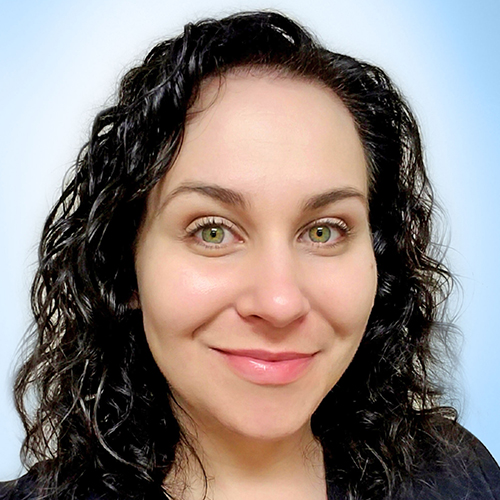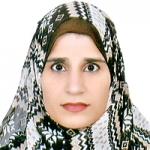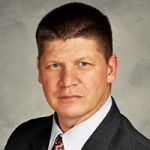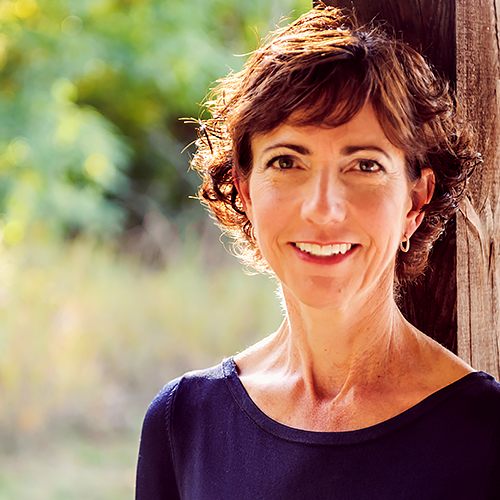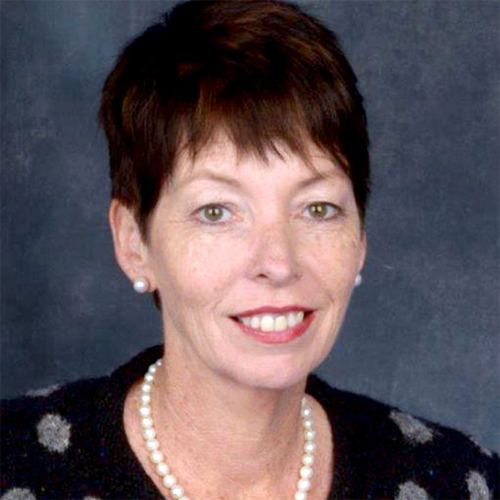 IBCLC Detailed Content Outline: Physiology and Endocrinology Focused CERPs - Section II
IBCLC Detailed Content Outline: Physiology and Endocrinology Focused CERPs - Section II
Access CERPs on Physiology and Endocrinology for the IBCLC Detailed Content Outline recertification requirements. Enjoy convenient on-demand viewing of the latest Physiology and Endocrinology focused IBCLC CERPs at your own pace.
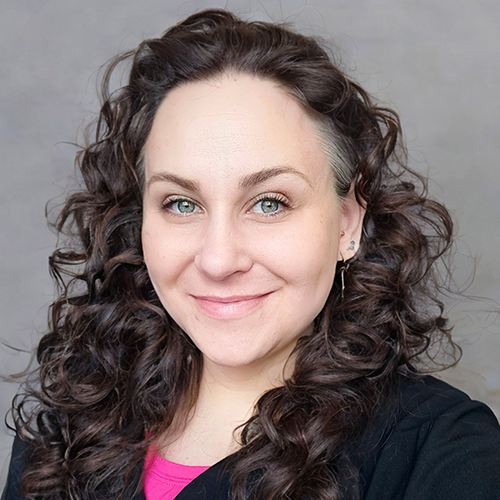

Megan Dunn is a board certified Lactation Consultant and Health Educator who views infant feeding from an anthropological perspective and through a sociological lens. Her experiences have run the gamut as a volunteer, peer-to-peer counselor, clinical IBCLC, and as an educator.
Currently she is the Breastfeeding Program Coordinator for a local WIC agency where she is coordinating a pilot program to equitably expand peer services. She is privileged to be a part of the excellent team at Legacy Health as a perinatal Educator. She also provides community lactation support as a home-visiting provider. Her goals are to support biological feeding norms and to offer practical and empowering solutions for dyads.
Professionally, her special interests include the fascinating world of our microbiome, empowering parents through Participant Centered and motivational approaches, and creating successful feeding solutions for complex cases. She is eager to collaborate on projects which focus on improving public policy and accessibility to culturally aware and trauma informed care for all perinatal families.
When she’s not pondering and working on all things human milk, Megan enjoys cooking, hanging out with her teenagers, going on nature walks, volunteering, and spinning tunes as a community radio host and DJ.
The billions of unicellular organisms which form a symbiotic relationship with our bodies provide essential functions which regulate, modulate, and maintain homeostasis. The microbiome has an essential role in prompting a proper immune response, maintaining adequate digestion and metabolic function, managing inflammatory status, supporting mental health, and many more functions which are required for good health. Dysbiotic conditions during the perinatal period are common and impact the infant feeding relationship.
In this presentation, participants will learn about the functions of the microbiome as it relates to lactation and infant health as well as the consequences of dysbiosis and its impact on lactation/infant feeding.
Additionally, participants will learn how to address dysbiotic conditions within their profession’s scope. This presentation provides clinically applicable information and recommendations that participants can apply when providing lactation education and developing care plans.
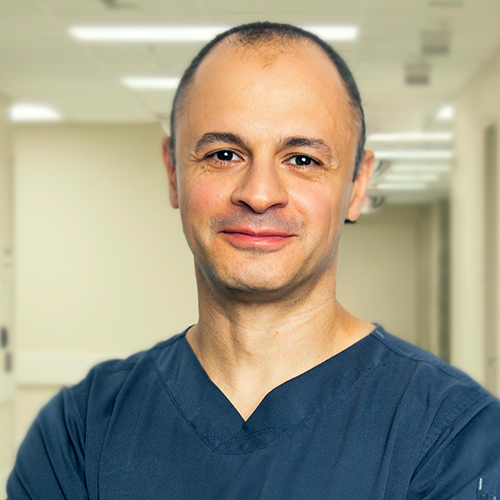
Mother's Own Milk Versus Donor Human Milk in the NICU: Practical Recommendations for Individualized Care

Prof EL-Khuffash is a Consultant Neonatologist and Paediatrician. He is a qualified International Board Certified Lactation Consultant. His two primary clinical and research areas of expertise are heart function in neonates and the promotion of breast feeding, and breast feeding support, to new mothers. He also has extensive expertise in general feeding issues encountered by babies over the first few months.
Prof EL-Khuffash sees families for prenatal breast feeding and fetal anomaly consultations and postnatal infant assessment, 2 and 6 week checks, and breastfeeding/general support including early irritability and reflux in his consultation rooms in the Rotunda Private Clinic.
Prof EL-Khuffash has considerable knowledge of breast feeding medicine and experience in providing antenatal and postnatal breast feeding advice and support to new mothers. This includes identifying and addressing challenges to breastfeeding in both the mother and the baby. He also specialises in general feeding difficulties and early feeding issues encountered by babies.
Prof EL-Khuffash graduated from Trinity College, Dublin in 2002 and enrolled in the Royal College of Physicians of Ireland paediatric specialist training scheme in 2005. He completed a Doctor of Medicine (MD) degree in University College, Dublin in 2008 and his neonatal specialty training in Toronto, Canada (2009-2011). Following this, he was appointed as a consultant Neonatologist and Assistant Professor of Paediatrics at the University of Toronto in January of 2011. He obtained a diploma in clinical epidemiology during his time in Toronto. He is the recipient of several national and international research awards, with international peer reviewed publications and keynote presentations and the lead for cardiovascular research, supervising several post graduate PhD candidates.
Topic: Mother's Own Milk Versus Donor Human Milk in the NICU: Practical Recommendations for Individualized Care - [View Abstract]
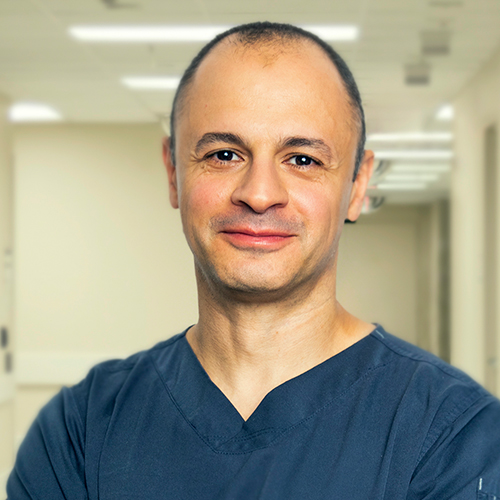
View Details / Enroll
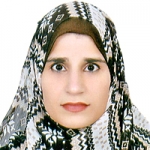
Phenylketonuria and Breastfeeding: Facts, Challenges and Reality

Doctor Asma'a Kurdi , Syrian family physician MRCGP member certified since October 2013, was the first lactation consultant doctor in Ajman certified on October 2008 ,recertified October 2013. worked as a GP in UAE , Ajman PHC since 02/2006 till 08/ 2016, with big efforts to enhance breastfeeding practice among colleagues and patients, was an active member in the breastfeeding support group ,she presented many lectures in the basic 20 hours breastfeeding training courses for health workers in Ajman .a mother of 4 children , 3 of them are PKU , with her knowledge and faith in breastfeeding she managed to breastfed them for more than 2 years and kept them healthy and normal children. She had special interest in PKU researches and but huge efforts to initiate a PKU family association in UAE . an active member in Arabic PKU mothers what's up support group ,and low protein recipes instagram page .
Breast feeding can be challenging in some special situations, phenylketonuria is one of these conditions that requires a lot of knowledge and support.
PKU is an inherited metabolic disorder that needs a special protein free diet to be followed lifelong, to grow normally, to avoid the irreversible and severe intellectual impairment and developmental abnormality.
Years ago PKU was an absolute contraindication for breastfeeding, but with more research on the disease and the breast milk components, it is now strongly suggested to breastfeed a PKU baby along with his or her special phenylalanine free formula under close supervision from a dietitian and experienced breastfeeding supportive pediatrician.
It is a difficult but achievable task, a prime example is my 3 PKU children who I managed to breastfeed for almost 2 years. Along with their PKU formula and special low protein diets they are enjoying healthy, normal mental and physical development.

View Details / Enroll


Lucy is an International Board Certified Lactation Consultant (IBCLC) Holistic Sleep Coach (HSC), public speaker, and author on the topic of lactation. She is also a qualified counsellor, child and is qualified in child development and child psychology.
Lucy runs a small but thriving Private Practice based on the South Coast of the UK but sees clients internationally. As a single mother of two boys who were hard to breastfeed, and as someone with ADHD, Lucy truly understands the highs and lows of parenthood both for neurotypical families and those who may have additional challenges.
Lucy’s approach is strongly underpinned by the belief that parents are the only true expert on their child, and that parental instinct is rarely wrong. Lucy uses listening and counselling skills first and foremost in her work, and prides herself on striving to provide a safe and inclusive space for everyone.
Topic: When Baby Says No: Assessment and Management of Breast and Bottle Refusal - [View Abstract]
Breastfeeding rates in the UK are still incredibly low, and around 80% of mothers say they wanted to breastfeed for longer than they did. Because of this, more people are beginning to talk about relactation, but the process is filled with myths, questions, and challenges. This talk will take you through why people want to relactate, including the grief and shame they may be experiencing following a difficult breastfeeding experience. We will talk about how the mother can surround herself with support and why this is so important. We will also look at supporting the baby to return to the breast, pumping tips which can help the mother to succeed, and we will discuss the risks and benefits of galactagogues - including the issues with the lack of comprehensive studies on this topic.

View Details / Enroll
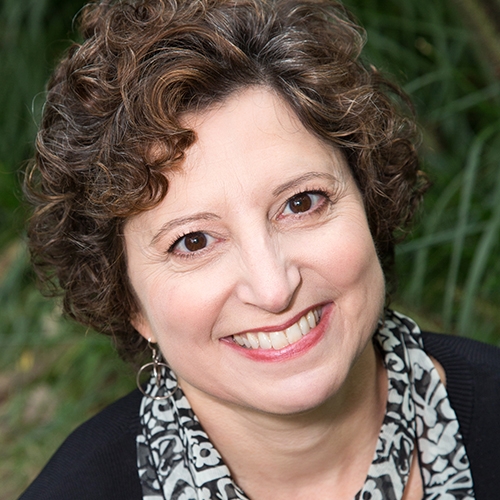
ReLATCHtation: Transitioning the Exclusively Bottle-fed Baby to Nursing

Alyssa has been helping parents and babies with breastfeeding since 2002, first as a La Leche League Leader and since 2009 as an International Board Certified Lactation Consultant.
Alyssa works in private practice serving clients worldwide, primarily through telehealth. She is the author of Breastfeeding Without Birthing: A Breastfeeding Guide for Mothers Through Adoption, Surrogacy, and Other Special Circumstances and a professional supplement to the book, The Breastfeeding Without Birthing Professional Pack online training.
Alyssa has authored articles for The Journal of Human Lactation: The Three Step Framework for Inducing Lactation and Successful Co-Lactation by a Queer Couple: A Case Study. She has also authored articles for La Leche League’s Leader Today and Breastfeeding Today magazines, and Adoptive Families magazine. She is an international speaker on the topics of inducing lactation, relactation, and other related topics. Alyssa is the proud mother of three breastfed children, two by birth and one by adoption. She lives in St. Louis, Missouri, USA.
Topic: Demystifying Inducing Lactation: How Lactation Happens Without Pregnancy and Birth - [View Abstract]
Topic: ReLATCHtation: Transitioning the Exclusively Bottle-fed Baby to Nursing - [View Abstract]
Topic: Supplementation: A Goldilocks Dilemma - [View Abstract]
Topic: The Proficient Pumper - [View Abstract]
Newborn babies are hardwired for breastfeeding: their newborn instincts direct them to latching at the breast/chest. But what about older babies who are currently exclusively bottle-feeding – can they learn to nurse too? A birthing parent may wish to initiate or resume breastfeeding after choosing not to breastfeed or discontinuing breastfeeding. An adoptive or foster parent may be placed with an older baby or toddler whom they wish to nurse. With patience, persistence, support, and some tools and tricks, it can be possible. This presentation discusses how to know if baby is ready to breastfeed, setting the stage for success, and the process of gentle transitioning from bottle to breast/chest.

View Details / Enroll
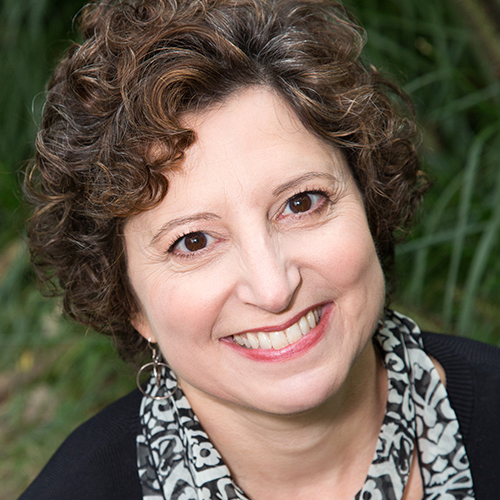
View Details / Enroll


Joy MacTavish, MA, IBCLC, RLC is an International Board Certified Lactation Consultant and certified Holistic Sleep Coach focusing on the intersections of infant feeding, sleep, and family well-being. Through her business, Sound Beginnings, she provides compassionate and evidence-based support to families in the greater Seattle area, and virtually everywhere else. She entered the perinatal field in 2007 as birth and postpartum doula, and childbirth and parenting educator. Joy holds a Master of Arts in Cultural Studies, graduate certificate in Gender, Women and Sexuality Studies, and two Bachelors degrees from the University of Washington. She enjoys combining her academic background, analytical skills, and passion for social justice into her personal and professional endeavors. Joy serves as an Advisory Committee Member and guest speaker for the GOLD Lactation Academy. When not working or learning, she can be found homeschooling, building LEGO with her children, or dreaming up her next big adventure.
Topic: Full-Term Breastfeeding/Chestfeeding: Benefits, Considerations, and Ways to Offer Support - [View Abstract]
Topic: Mindful Breastfeeding: How Lactation Professionals Can Support Calm and Connection - [View Abstract]
Topic: Sending Reports: What’s in it for IBCLCs? - [View Abstract]
Topic: Supporting Clients Facing Fertility Treatment - [View Abstract]
Topic: The Intersection Between Lactation, Sleep, and Family Well-Being - [View Abstract]
Topic: Weaning: Supporting Families Stopping Lactation and/or Ending Their Breastfeeding/Chestfeeding Relationship - [View Abstract]
Many breastfeeding/chestfeeding parents seeking to grow their families through Assisted Reproductive Therapies (ART), including IVF will be faced with limited or conflicting information and challenging decisions. When they turn to lactation professional for support it’s important that the receive knowledgeable and compassionate care. This presentation will equip lactation professionals with an understanding of not only the various therapies, procedures, and medications, by the mental and emotional aspects that breastfeeding/chestfeeding families may experience in their fertility journey.
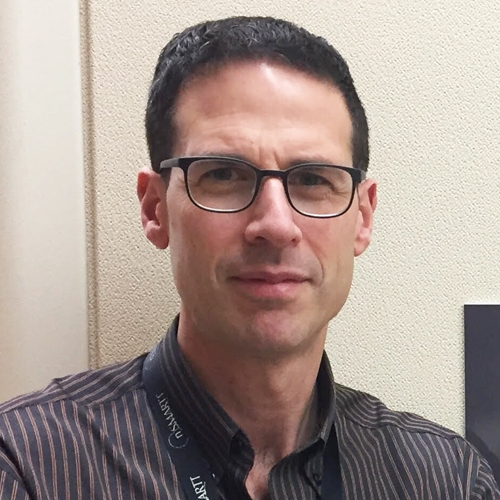

Dr. Narvey began his training in Pediatrics at the University of Manitoba in Winnipeg where he completed a year of further training in Neonatology. This was followed by two years of Neonatal fellowship at the University of Alberta in Edmonton. Afterwards he began his career as a Neonatologist in the same city and over the 6 years he spent there, his career included both clinical and administrative duties including 4 years as the Fellowship Program Director and two years as the Medical Director for a level II unit. In late 2010 he accepted a position in Winnipeg to become the Section Head of Neonatology and continues to hold this post. In 2016 he took on the additional role of Medical Director of the Child Health Transport Team. In 2015 he became a member of the Canadian Pediatric Society’s Fetus and Newborn Committee and in 2019 took over as Chair of the same. His interests predominantly lie in the use of non-invasive technology to minimize painful procedures during an infants stay in the NICU. He is active on social media and has a passion for fundraising and is an active board member of the Children’s Hospital Foundation of Manitoba.
Topic: Human Milk Diet and Fortification: Controversies and Evidence - [View Abstract]
Topic: Many Different Shades of Yellow - [View Abstract]
Topic: Respiratory Problems in the Newborn: Where Are We in 2022? - [View Abstract]
Topic: Sweet and Sour: Hypoglycemia in the Newborn - [View Abstract]
Hypoglycemia is one of the most common problems encountered by the practitioner in newborn care. How low is too low and how does the age of the patient influence these thresholds? Moreover, when a patient’s blood glucose is found to be low, what are the best steps to take in order to normalize it? This is not your usual talk on hypoglycemia but rather one that looks at the journey one center took in its quest to answer these questions. On this path we encountered some results that were definitely “sweet” and others that left a “sour” taste in our mouths. In this talk you will be follow the story of our center which produced a cautionary tale that demonstrates that you shouldn’t always believe everything you read!

View Details / Enroll
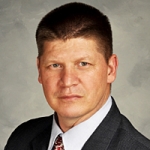

Tom Johnston is unique as a midwife and lactation consultant and the father of eight breastfed children. Recently retired after 27 years in the US Army, he is now an Assistant Professor of Nursing at Methodist University where he teaches, among other things, Maternal-Child Nursing and Nutrition. You may have heard him at a number of conferences at the national level, to include the Association of Woman’s Health and Neonatal Nurses (AWHONN), the International Lactation Consultant’s Association (ILCA), or perhaps at dozens of other conferences across the country. In his written work he routinely addresses fatherhood and the role of the father in the breastfeeding relationship and has authored a chapter on the role of the father in breastfeeding for “Breastfeeding in Combat Boots: A survival guide to breastfeeding in the military”.
Topic: Human Milk Synthesis: Just When You Thought You Knew - [View Abstract]
Topic: New Insights Into the Maternal Child Microbiome - [View Abstract]
Topic: Promoting Provider Self-Efficacy in Breastfeeding Support - [View Abstract]
Topic: Still Swimming Upstream: Breastfeeding in a Formula Feeding World - [View Abstract]
Topic: The Making of Human Milk: A Clinical Update - [View Abstract]
Topic: The Maternal-Child Microbiome or: The “Oro-boobular axis” - [View Abstract]
Topic: The Maternal-Child Microbiome or: The “Oro-boobular axis” - [View Abstract]
Topic: The Perinatal Microbiome - [View Abstract]
Topic: Using Evidence to Develop Clinical Lactation Skills - [View Abstract]
Did you know that a mother who breastfeeds her child is more likely to “match” as an organ donor than a mother who does not breastfeed her child? How does that happen? The answer may lie in the Maternal-Newborn Microbiome, AKA “The Oro-boobular” axis. The scientific world is exploding with excitement over the discovery of the microbiome. While it appears clear that a suckling infant’s intestinal microbiome communicates with the mother’s lactocyte and perhaps beyond, little is known about the effects of this communication in practical terms. This presentation will review what is known and attempt to explain what it means, both now and in the future.

View Details / Enroll
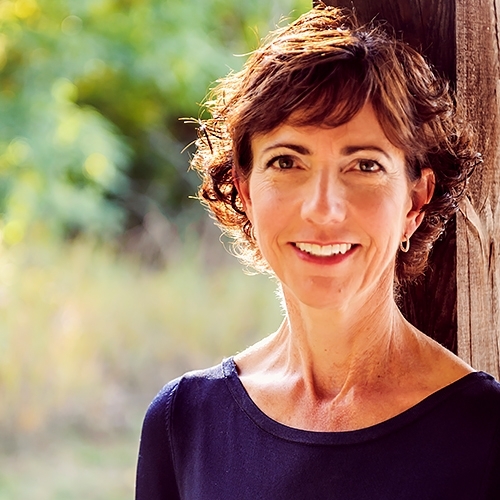

Dr. Sharon Unger comes from the East Coast of Canada and is a neonatologist at Sinai Health System in Toronto, Canada. She is a co-primary investigator for the Canadian Institutes of Health Research funded OptiMoM and MaxiMoM programs of research as well as the medical director for the Rogers Hixon Ontario Human Milk Bank. Her research interests are primarily in the use of human milk for the high risk neonate and its long term impact.
Mother’s milk is the unequalled nutritional source for the preterm or medically fragile neonate. Beyond its nutritional impact, it contains a myriad of bioactive molecules that are of particular health importance for the sick neonate. A majority of mothers who are pump dependent with an infant in a neonatal intensive care unit have an incomplete supply of their own milk. In this instance, human donor milk is an important supplement to have available while the mother is supported to increase her own milk supply. This lecture will focus on various aspects of the use of human donor milk including a review of the differences between mother’s milk and donor milk and the current methodologies used for processing donor milk. Recommended clinical guidelines will be discussed that are based on the evidence for short and long term health outcomes following the use of donor milk in the neonatal period. Future considerations will be explored including ethical issues with respect to donor milk use.

View Details / Enroll
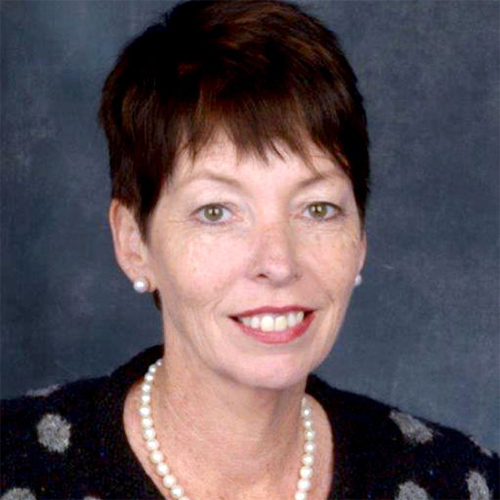

Deborah is Aotearoa/ New Zealand’s first Nurse Practitioner. Deborah’s research interests include the management of babies at risk of neonatal hypoglycaemia and their later development. The impact of her teams research has changed the treatment for millions of babies and families across the developed world. More recently, Deborah has been investigating the prevention and management of neonatal hypoglycaemia within the Pacific Islands.
Recent evidence has shown healthy term babies have episodes of low blood glucose concentrations, in the first few days after birth, which can last for long periods, similar to those babies identified as being at-risk for neonatal hypoglycemia. Suggesting low blood glucose concentrations may be part of metabolic transition. Neonatal hypoglycemia in at-risk babies is important because it is common and linked with neurosensory impairment and death. Screening is recommended for babies identified as being at-risk, which is routinely performed by heel-prick lances. Half of the babies identified as being at risk, will become hypoglycemic. If hypoglycemia is diagnosed, treatment is recommended. The aim of treatment is to increase the blood glucose concentration, and therefore available glucose for cerebral metabolism. The glucose concentration at which brain injury occurs remains unclear. Therefore, while current treatment thresholds are determined by evidence, expert opinion also contributes to treatment recommendations. Consequently, there are international variations in screening regimes and treatment thresholds. However, feeding and oral dextrose gel are the most common treatments for neonatal hypoglycemia. Learn more about the research and thoughts on best practice for preventing and managing hypoglycemia in neonates.




